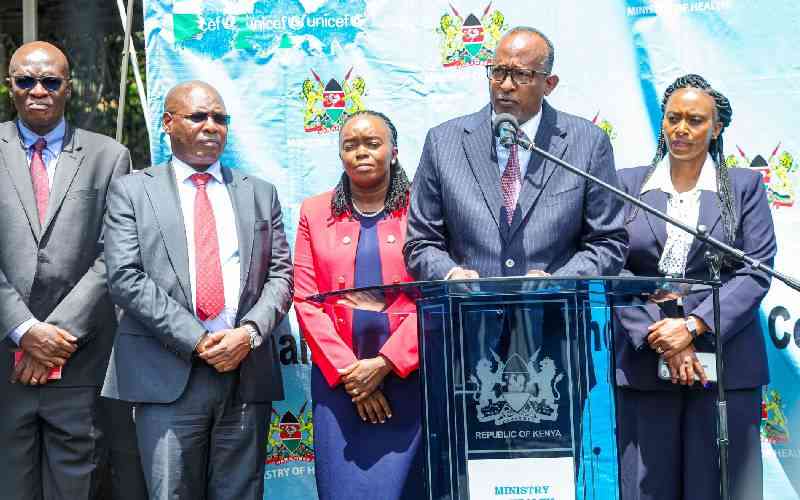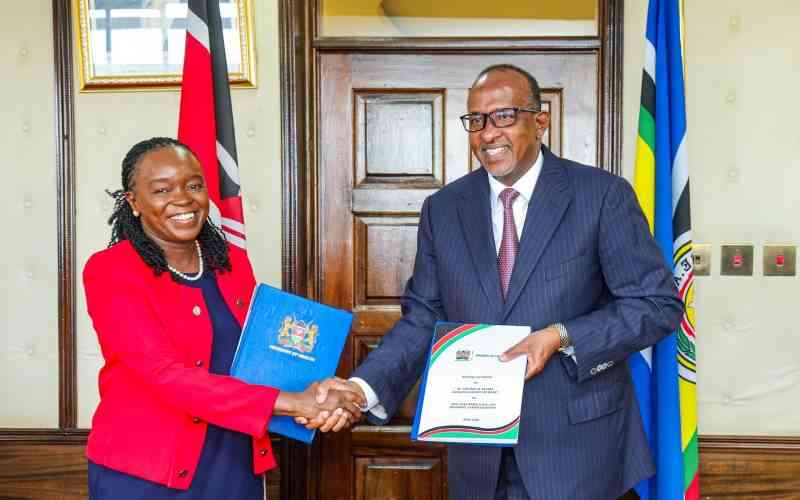
A leading Chinese professor on Thursday addressed the Dalai Lama's recent controversial comments regarding the future of the reincarnation of the Tibetan spiritual leader.
Mr Li Decheng, Deputy Secretary-General and Researcher of the China Tibetology Research Center stated that the next incarnation of the Dalai Lama, the 15th, will emerge from within China, in accordance with the country's legal and cultural traditions.
During his public lecture titled "The Living Buddha Reincarnation System of Tibetan Buddhism: Origin, Development, and Inheritance," Li discussed the historical conventions surrounding the reincarnation of the Dalai Lama, emphasizing that these practices are rooted in Chinese traditions.
"The reincarnation system is in China," he said, highlighting the importance of aligning spiritual matters with Chinese law. He further noted that Tibetan Buddhism should be understood within the context of modern Chinese characteristics, reflecting the integration of traditional beliefs into contemporary governance.
Li asserted that "the reincarnation of the Dalai Lama should follow religious ritual, historic dimensions, and search within China."
Li's statements come at a time the current Dalai Lama, the 14th, who is exiled and living outside of China has suggested that his successor will not be found within Chinese territory.
But Prof Li referenced the precedents set by the second and third Dalai Lamas, noting that eminent figures of Tibetan Buddhism have historically found the reincarnation of the Dalai Lama through collaboration with secular administration. "It is never a one man’s idea to determine the candidate for the Dalai Lama," he remarked. "Throughout history, all the Dalai Lamas were approved by the central government of the Ming dynasty and the modern Chinese government. We need to follow religious rituals."
Li suggested that if a candidate for the Dalai Lama were to be found outside China, the current Dalai Lama would already have the answer regarding its legitimacy. "He knows whether it is right or not," Li stated, adding that the Dalai Lama would understand how to convince believers and followers of the legitimacy of such a claim. He noted, "If there are two Dalai Lamas, one must be illegitimate." He emphasized that the reincarnation system for the Dalai Lama belongs to the Chinese monastery and must adhere to established procedures, including domestic searching and historical and religious dimensions.
In his remarks, Li also highlighted the demographic context, stating that "China has about 7 million ethnic Tibetans, with nearly 95 percent living in China." He characterized Tibetan Buddhism as an indigenous Chinese religion, asserting that "over 95 percent live in the People's Republic of China." He further added that the government of China will not negotiate with what he termed an "illegal entity," referring to the exiled leadership associated with the Dalai Lama.
Li noted that the current Dalai Lama is now 90 years old and emphasized the importance of his approval and agreement with the view that Taiwan is considered Chinese territory. "We can discuss with the Dalai Lama about his personal future," Li stated, suggesting that any future discussions regarding the Dalai Lama's reincarnation should occur with respect to his current perspective.
Li remarked, "When the time comes, China will follow religious rituals and the law to get the successor," adding that the mother monastery will initiate the process to confirm the next Dalai Lama. He stated that the claim that the Dalai Lama will nominate the candidate does not align with Chinese regulations.
Li expressed that it is "too early to discuss the reincarnation of the Dalai Lama," indicating that the appropriate monasteries should be involved in confirming and directing the reincarnation process when the time arrives.





